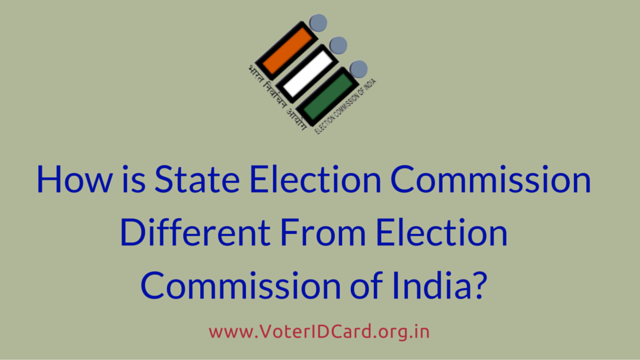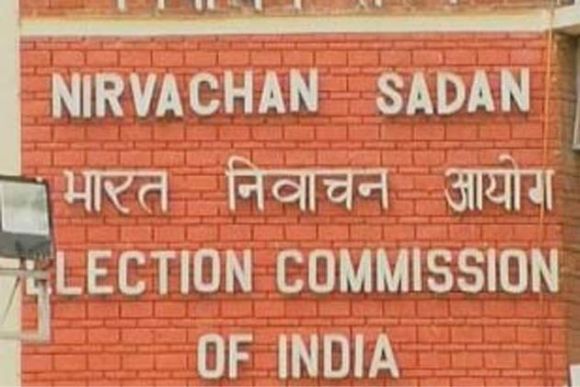Every five years elections are conducted in India at different levels, which are that of the Parliamentary level, State Level and at the levels of the offices of Vice President and President. The role of the Election Commission is to ensure a smooth and hassle free election process. Since delegation of power makes every process easier, the Election Commission operates on two levels: Election Commission of India and State Election Commission. Both the bodies have same motive – of ensuring the election process is carried out smoothly; without any kind of unfair means being used by the candidates. They still however are different in the power they hold and the way they function. Read further to know about how these two constitutional bodies are different from each other.

How is State Election Commission Different from Election Commission of India?
The Election Commission of India is a constitutional body with the primary motive of ensuring fair and smooth elections all across the country. India has 29 states along with 7 union territories and administering elections for such a vast country can be quiet unmanageable for a single body. Also there is a danger of candidates using unfair means to win the elections, it is important to curb these malpractices during elections. This is where the role of State Election Commission unfolds; it ensures fair and smooth elections at the level of the local government. It therefore assists the Election Commission of India in ensuring the election process is carried out smoothly.
Respective Powers of the Election Commission of India and the State Election Commission:
The ECI and the State Election Commissions have different authorities and powers. Here’s a close look at them.
The Election Commission of India:
Following are the powers that the Election Commission of India holds:
- The Election Commission of India has the power to suppress the results of opinion polls if such action is in favor of the cause of democracy.
- In cases of candidates being found guilty of corrupt practices, the Supreme Court and High Court consult the Election Commission of India.
- In case the Election Commission doubts certain members of violating some guidelines, the Commission has the power to advice for disqualification of members after the election process.
- Lastly, the Election Commission can suspend candidates if they fail to submit their election expense account on time.

State Election Commission:
Each state has an election commissioner who is the head of the State Election Commission; Following are the powers of the State Election Commissioner:
- The State Election Commissioner has full disciplinary powers over staff of election duty and is responsible for assigning reserved posts and constituencies.
- The State Election Commissioner also has full power to conduct local government elections
- The State Election Commissioner is the chairperson of the Delimitation Commission which is a commission that delimits local government constituencies.
- Also the State Election Commissioner can disqualify candidates, who fail to submit election accounts, members found guilty of defection and elected representatives who fail to organize the Grama Sabha.
Voting is every citizen’s right and your vote is important in deciding the future of the nation. The voter ID card is needed when you wish to cast your vote. Click here if you wish to obtain your Voter ID card- it is easy and free!
We hope we were able to solve your doubt regarding the difference between the Election Commission of India and the State Election Commission. Keep reading for more valuable information.
Have a nice day!
Comment Policy [Please read this before posting your comments]: Only use your real name. Your words are your own, so be nice and helpful if you can. Please, do not share any personal information in your comments. For further details, please read our Comments Policy available over here.